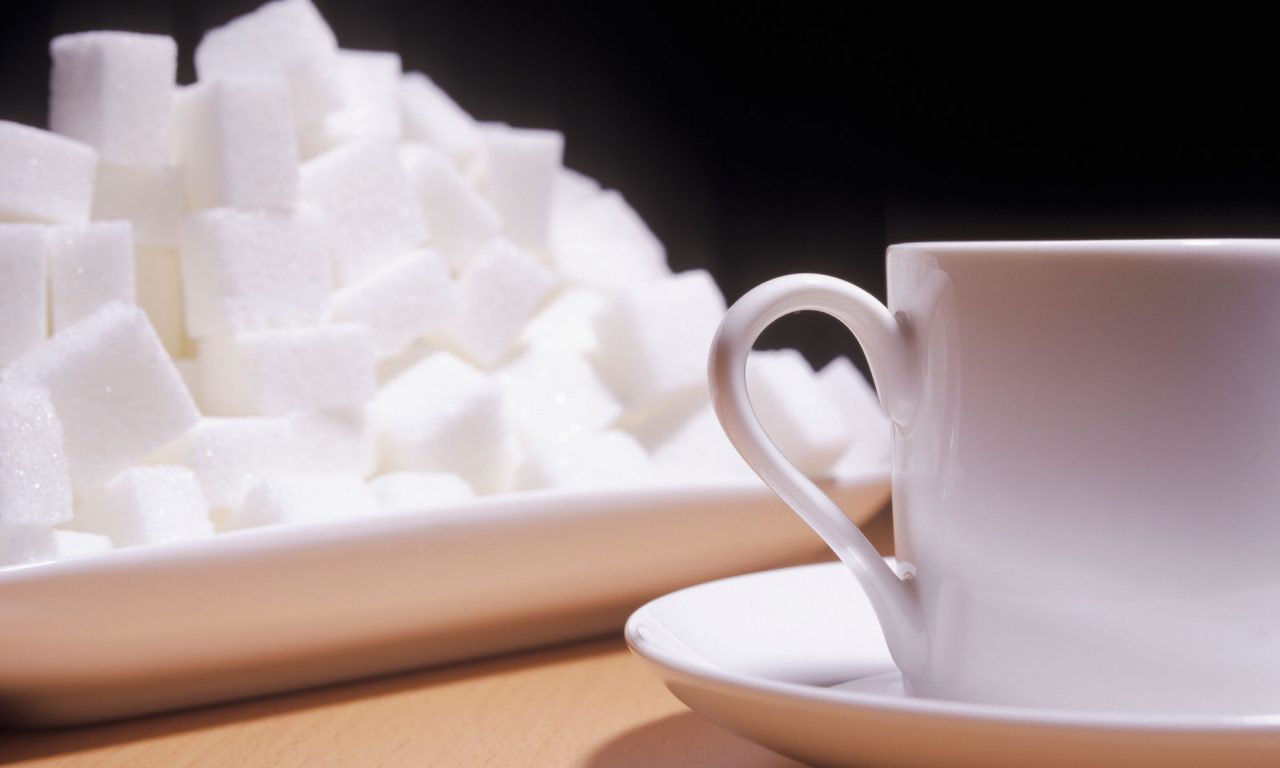Does Sugar Feed Cancer?

Added sugars and related high glycemic index carbs increase your risk for not only obesity, type 2 diabetes, and heart problems. They can also contribute to cancer.
The reasons why you should avoid added sugar and carbs from bread and potatoes are plentiful. Eating those foods, which are common in the American diet, increases your risk of weight gain, type 2 diabetes, and heart disease.
They can also contribute to cancer.
Sugars and empty carbs are high glycemic index (GI) foods. High-GI foods trigger spikes in your blood sugar, signaling your pancreas to release more insulin — followed by a rapid fall. That burst of insulin might give you a spurt of energy, but it isn’t good for you if it happens often.
YOU MIGHT ALSO LIKE: Our Cancer Care Section
In one study with almost 138,000 participants, investigators found that people who ate many high-GI foods increased their risk of dying for any reason or having a heart attack or stroke by 21 percent, even if they had no heart disease nine years earlier at the beginning of the study. People with heart disease who ate high-carb foods increased their risk by 51 percent.
High-GI foods tend to be sweet (soda, fruit juice, and desserts) or starchy (potatoes, white bread, and sweetened cereal). Such empty-carb foods often lack fiber or other essential nutrients.
On the GI scale, any food above 70 is considered high. A French baguette, for instance, counts as 95. A white rice cake is only a little bit better, at 82, close to mashed white potatoes at 83.
Low-GI foods can also be sweet or starchy, but they don’t spike your blood sugar as much because they take longer to digest. Anything at 55 or less is considered a low-GI food. For example, whole rye bread has a GI of 41, a banana 47, and an apple has a score of 40.
Foods in between the 55 and 70 scale — such as bran muffins, sweet potato, black bean soup, and dates — can also be sweet or starchy.
Does sugar feed cancer?
While sugar doesn’t specifically cause cancer, it can contribute to obesity, an important risk factor for cancer.
Some research suggests that a high-GI diet may increase your risk of breast cancer, endometrial cancer, prostate cancer, and other health problems.
In general, food with added sugars, especially soda, is hard on your body. Early evidence from a meta-analysis of studies suggested that every standard can of sugar-sweetened soda you drink a day increases your risk of:
- Breast cancer by 17 percent
- Colon cancer by 10 percent
- Biliary tract cancer by 30 percent
- Prostate cancer by 10 percent
Fruit juice was linked to more than a 30 percent chance of any kind of cancer.
Separate research also shows links to thyroid and liver cancer. In one study, following almost 100,000 U.S. women aged 50 to 79 for around two decades, researchers found that women who drank one or more sugar-sweetened drinks a day increased their chance of dying of liver cancer by 68 percent.
A study of more than 100,000 adults in France concluded that such drinks increases your chance of any cancer by 18 percent, and breast cancer by 22 percent. Artificially sweetened drinks didn’t affect cancer rates, but 100 percent fruit juices did raise the risk by 12 percent.
If you’re worried about cancer, the strongest case for aiming for a low-GI diet is weight management. It’s hard to stay slim when you eat bread and cake. Living with extra pounds increases your risk of 13 different types of cancer. Obesity, or even being overweight, is the biggest cause of cancer after smoking.
Other cancer risk factors
It is important to remember that sugar intake is not the only risk factor for cancer. Your family history, exposure to environmental toxins, behaviors such as smoking or lack of exercise, and many other aspects of your health can influence the development of cancer.
Diet is one of the few risk factors for cancer (as well as heart disease and type 2 diabetes) you can control unlike family history or chemical exposure. As more research uncovers the links between diet and chronic disease, avoiding sugar-sweetened soda and eating lower-GI index foods is one of your best ways to prevent cancer.
Updated:
January 05, 2024
Reviewed By:
Christopher Nystuen, MD, MBA and Janet O'Dell, RN